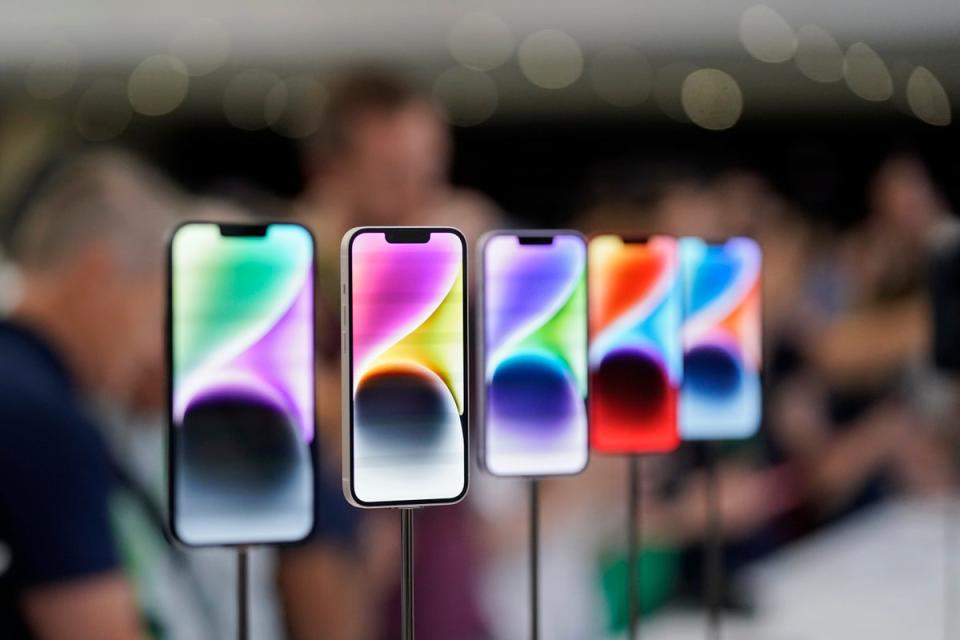EU passes law forcing Apple to change iPhone charger

Small electronic devices sold in the EU will be required to use the same charging cable by 2024 under a new law that will force Apple to change the charger on the iPhone.
Tech firms will be required to move to the USB-C under the new regulation, which is extended to laptops from 2026.
Most phone and tablet manufacturers have already switched to that new standard. Apple has already switched its MacBook and iPad to USB-C but has stuck with its own Lightning cable for the iPhone.
Other rumours have suggested that Apple may instead be looking to get rid of the charging plug entirely and instead focus solely on wireless charging. The EU has said that it will be introducing new requirements for wireless charging by the end of 2024.
The new EU law covers peripherals, such as mouses and laptops. Apple currently uses its Lightning cable on products such as its AirPods and keyboards.
The EU has been working for years to introduce a common charger, repeatedly complaining that the current situation causes problems for consumers as well as contributing to waste. Politicians called on other countries to “follow suit”.
“The common charger will finally become a reality in Europe,” said Alex Agius Saliba, a Maltese MEP who serves as the parliament’s rapporteur. “We have waited more than 10 years for these rules, but we can finally leave the current plethora of chargers in the past.
“This futureproof law allows for the development of innovative charging solutions in the future, and it will benefit everyone – from frustrated consumers to our vulnerable environment. These are difficult times for politics, but we have shown that the EU has not run out of ideas or solutions to improve the lives of millions in Europe and inspire other parts of the world to follow suit.”
Britain’s government has said it is unlikely to follow the EU in introducing similar legislation, but most global manufacturers make products that comply with laws in market regions rather than individual countries.

 Yahoo Finance
Yahoo Finance 